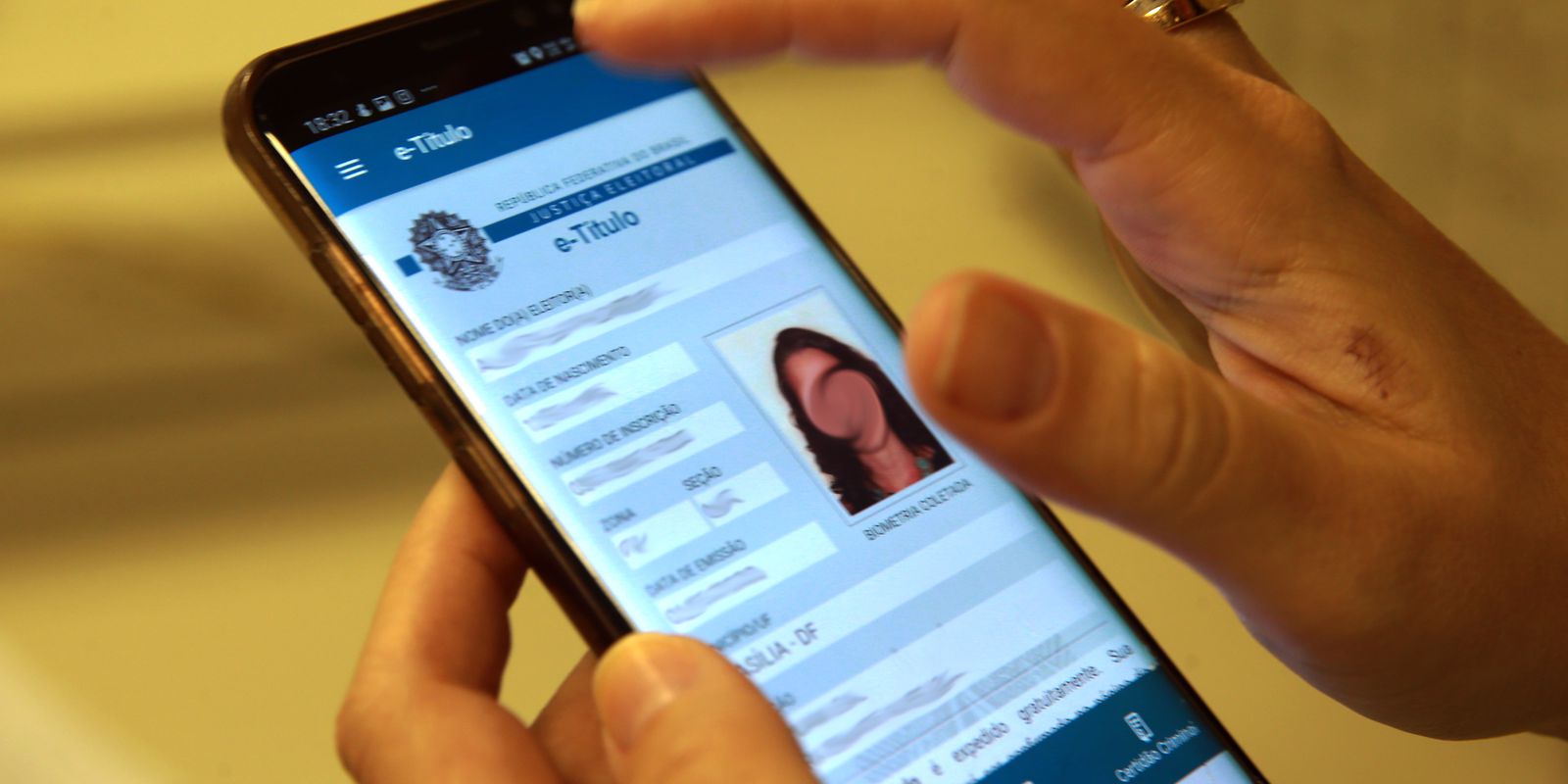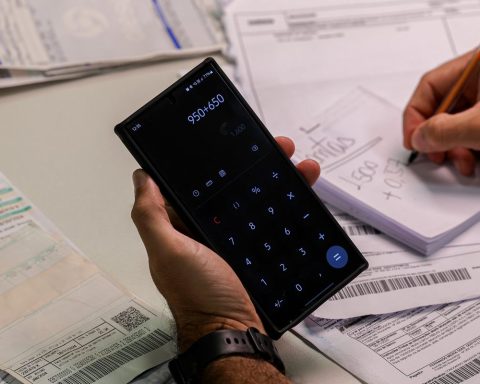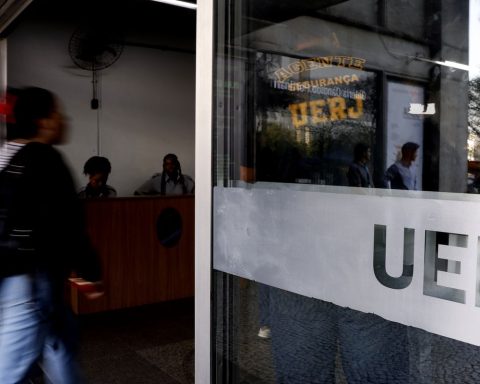Nine out of ten teenagers believe that voting has the power to transform reality. In addition, two in three said they intend to vote in this year’s elections, according to a survey released today (19) by the United Nations Children’s Fund (Unicef). The deadline for teenagers to take their voter registration card and vote in this year’s elections ends on the day may 4th.
In Brazil, voting is mandatory from the age of 18, but adolescents aged 16 and 17 and those aged 15 who turn 16 by the october 2 – date of the first round of the 2022 elections – can also withdraw their voter registration and participate in the electoral process.
To better understand this audience, Unicef and the civil society organization Viração Educomunicação conducted an online survey with 3,100 adolescents aged 15 to 17 from all regions of the country. In it, 64% say they will vote this year, 21% still cannot say and 15% said they will not attend the polls. When asked about the importance of this participation, nine out of ten adolescents say that voting has the power to transform reality.
Among those who said they will not vote this year, only 10% say they do not, in fact, want to vote. Another 17% said they will not be able to get their voter registration card in time and 69% said they will not. to have old enough. Among those who said no to have old enough, there were 15-year-olds who won’t be 16 until October, but also some 16 and 17-year-olds who could vote but didn’t have that information.
When asked what they think about other teenagers and young people who didn’t get the title, the interviewees put some hypotheses. For 25% of the adolescents who participated in the public consultation, the lack of interest in institutional politics is the main reason why so many young people have not yet obtained their voter registration. For 20%, the main reason is the lack of knowledge about politics and another 20% believe that it is because they do not consider voting to be important.
In addition, 15% believe that the low percentage of adolescents able to vote is due to the fact that they do not feel represented by potential candidates, 13% because they do not know that they can vote and how to obtain a title, and another 7% claimed other reasons.
The poll was carried out virtually by WhatsApp, Telegram and Facebook Messenger, through a chatbot. The survey is part of U-Report Brasil, a project that has more than 140,000 adolescents and young people enrolled. According to Unicef, this is not a research with methodological rigor, but quick consultations through social networks of adolescents and young people who have registered on the platform.
untitled teenagers
In February of this year, the Superior Electoral Court (TSE) registered the lowest number of teenagers with voter registration since the conquest of the right to vote for this age group in the 1988 Constitution: just over 13% were eligible to vote in this year’s elections. year at that time.
Awareness campaigns were carried out and this number increased. According to official statistics, until January of this year, the TSE registered a total of just over 730,000 bonds issued to young people aged between 15 and 17, whose vote is optional. In March, that number has risen to 1.050 million – still below that registered in 2018 when 1.4 million young people between 15 and 17 years old had the title.
How to take the title
The deadline for taking the voter registration card for the first time ends on the day may 4th. The process is done through the TSE page, in the TitleNet.
You must inform the Federative Unit (UF) in which you reside, send a photo (selfie) holding an identification document and a photo of the current proof of residence. Those who turn 19 this year and are male will also need to submit a certificate of discharge from military service.
The informed data will be analyzed by the Electoral Justice, and the application can be tracked online.

















